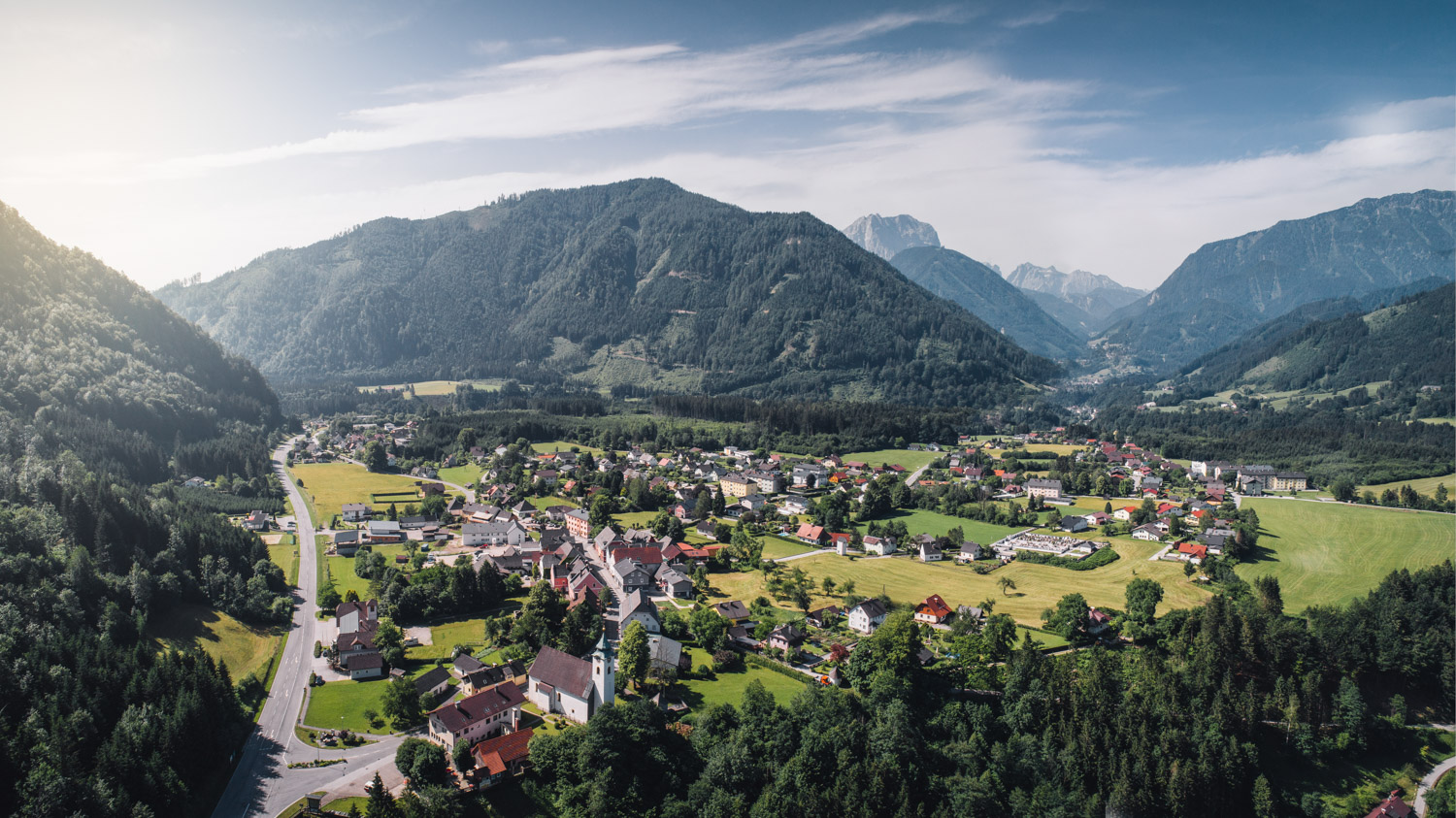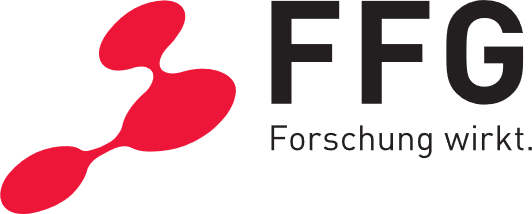CSI PhänoBiota
Research with plant newcomers from all over the world
In a first-of-its-kind approach in Europe, students in the Liezen district are researching and documenting the phenological development of invasive species (neophytes) under the influence of climate change. With the help of experts, they are developing and testing modern, multilingual field research instruments and educational tools, laying the foundation for a long-term, nationwide Citizen Science network. The observations will be used to make neophyte management in the region more efficient, supported by phenological information. The project results thus have not only educational value, but also tangible ecological benefits.
In C.S.I. PhenoBiota, kindergarten children and students from all school levels in the Liezen district explore the exciting phenological world of neophytes together and at eye level with scientists. Equipped with comprehensive, age-appropriate research tools, they observe and document the phenological phases of selected plant species over the course of the year, relate them to the climate and learn to draw professional conclusions. A large part of the materials in C.S.I. PhenoBiota is developed together with the students. For example, a NawiTech research box (natural science and technology research box) is being developed for kindergarten children to make the project’s main topics accessible to our youngest participants in a playful way and with all their senses. In the Girls only! programming course, schoolgirls develop a simple Citizen Science App for documenting the phenological development of neophytes, which is also actively used in the project. With the help of the app, parents, grandparents, siblings, and other interested Citizen Scientists will also be encouraged to participate in the project and share their phenological observations. At the end of the project, the collected data will be used to make phenomenal turntables for all participating school classes, which our young researchers can use to forecast the annual development of neophytes in their region.
In addition, the students can work out and examine their own scientific questions that are of burning interest to them on the topic.
In the project, the young researchers accompany the entire process, from the planning, development, and implementation of phenological data collection, to data evaluation and application of the findings. They also actively help to communicate their findings.
In keeping with the theme, our experts also come to school and provide exciting insights into their professions. Students visit research companies in the region and make valuable contacts for the future.
Interested students can write pre-scientific Matura theses on the topic, working closely with our experts.
Project partner:
Supported by the Federal Ministry for Climate Protection, Environment, Energy, Mobility, Innovation and Technology and the Austrian Research Promotion Agency (FFG) with the funding priority Talente regional.

Naturkalender App
Get the free app: naturkalender.at.
Download it, observe, become part of a large nature observation network and help us to better understand the phenology of neophytes.
Radio to listen to
C.S.I. PhänoBiota – Citizen Scientists do research
What is done with the educational institutions in the C.S.I. PhenoBiota project?
At C.S.I. PhenoBiota we explore the phenological phases of neophytes (new plant arrivals) together with pupils. With pedagogical and professional support, they develop exciting research questions and gain a comprehensive insight into the world of neophytes. With the support of the educators, they develop research questions about the neophytes and get to know them better through research and practical activities. Equipped with observation sheets and a nature calendar app, they document the growth of neophytes (e.g. japanese monkeyweed), compare them with native plants (e.g. black elderberry) and develop new field research tools (e.g. science method kits for kindergartens). They thus make an important contribution to phenological research. In short, the students are part of a pilot project and are doing pioneering work.
This year, the observation of the neophytes will be continued in order to obtain a meaningful data set. We want to give the students an insight into different professional fields through excursions (e.g. Abfallwirtschaftsverband Liezen or HBFLA Raumberg-Gumpenstein), enable them to get to know researchers in the region and make contacts for the future (e.g. holiday internships).
Here are a few pictures to look at:
Cooperation grants
A total of 10 cooperation grants in the amount of 1,000 euros will be awarded through the “CSI PhänoBiota” project. Click here for the relevant documents for the Talente regional – cooperation grants.
If you have a thematically suitable project idea, please send the application form to m.gebeshuber@eisenwurzen.com
The cooperation grants are allocated on a first come, first served basis.










